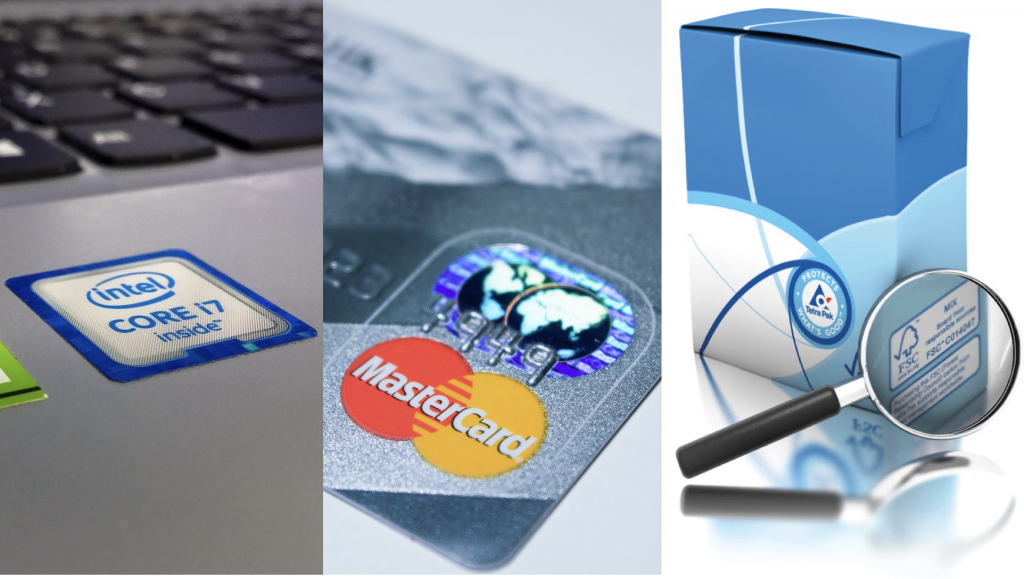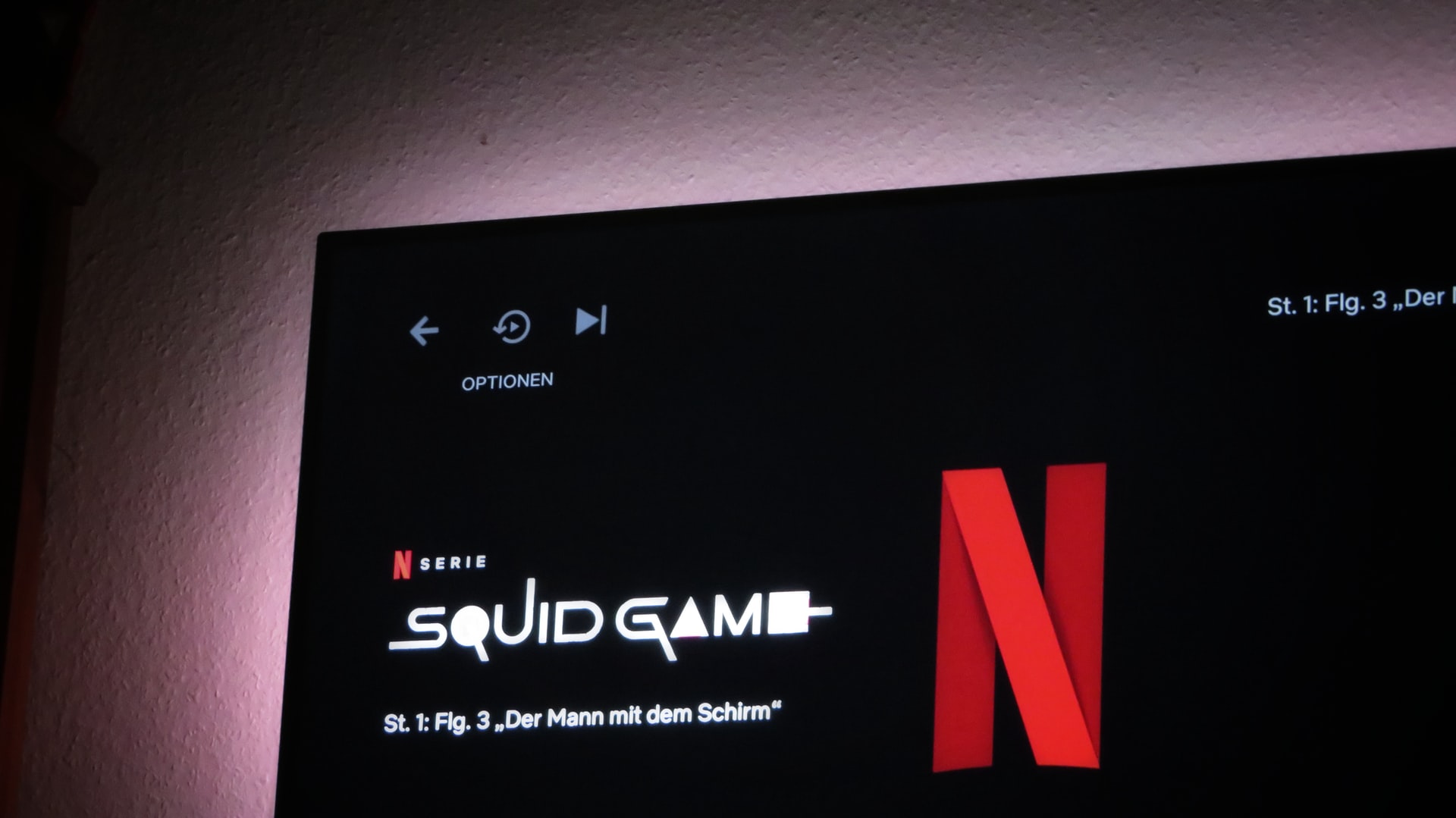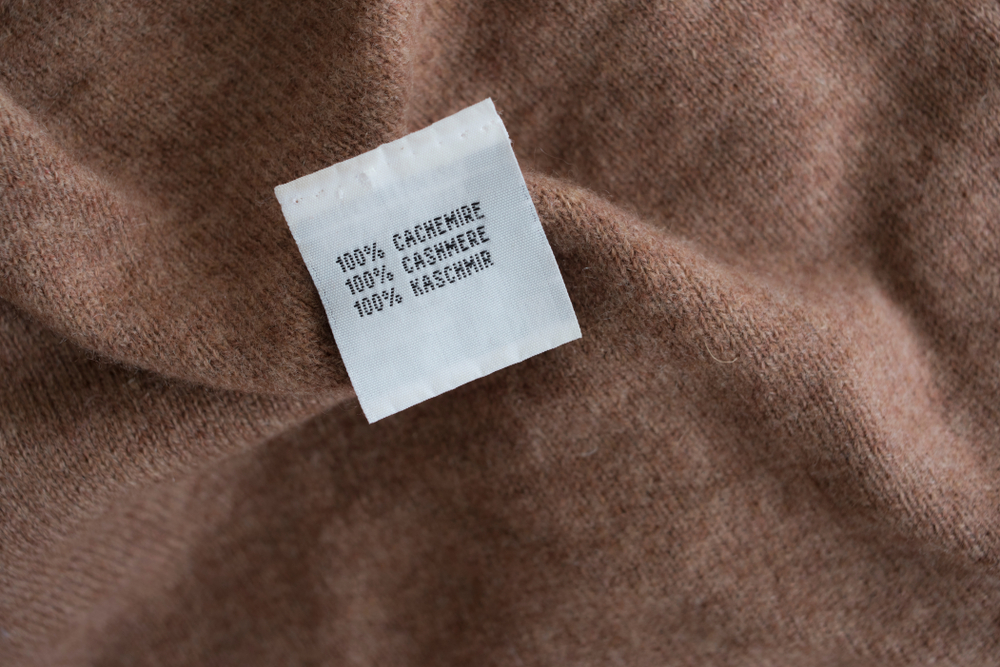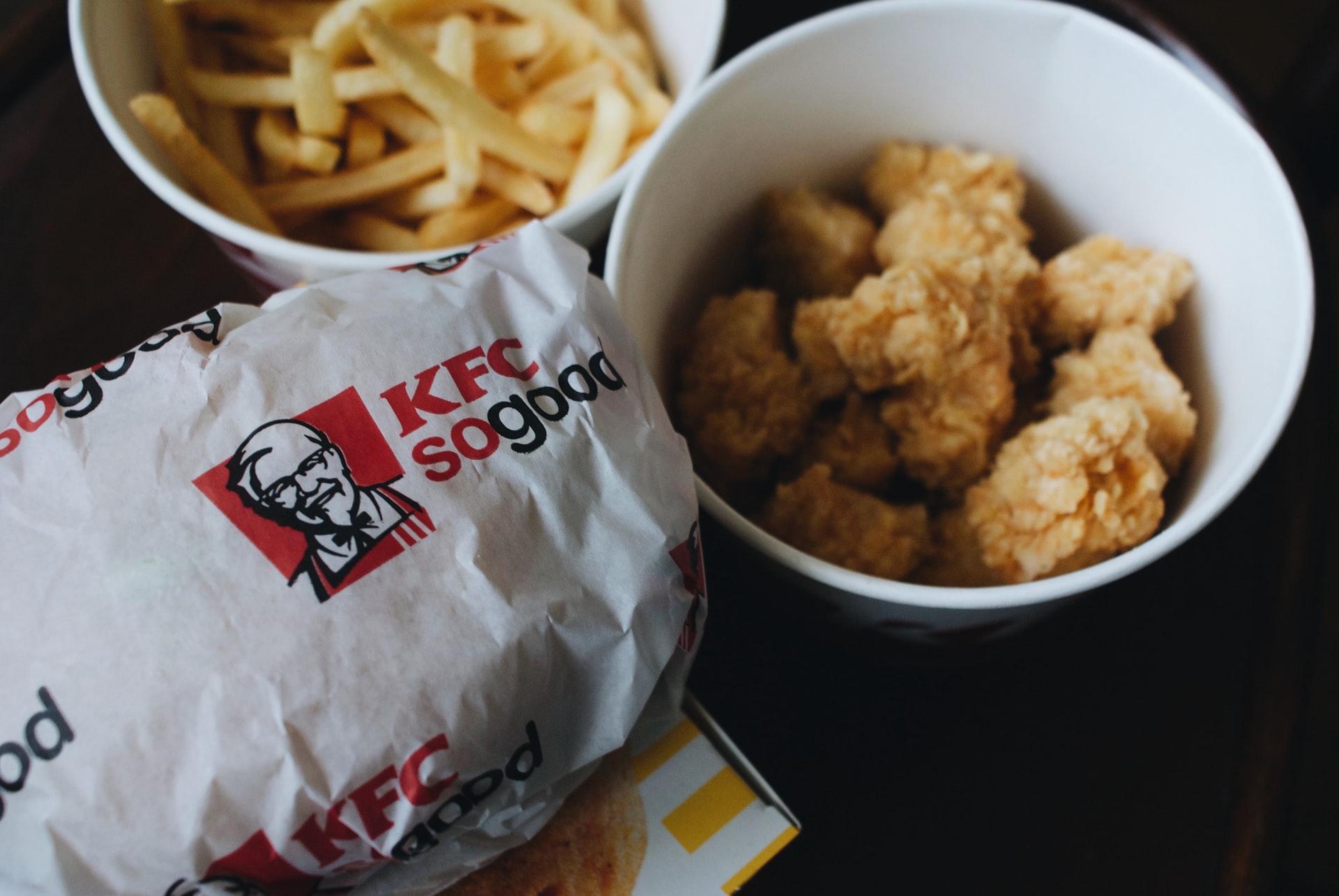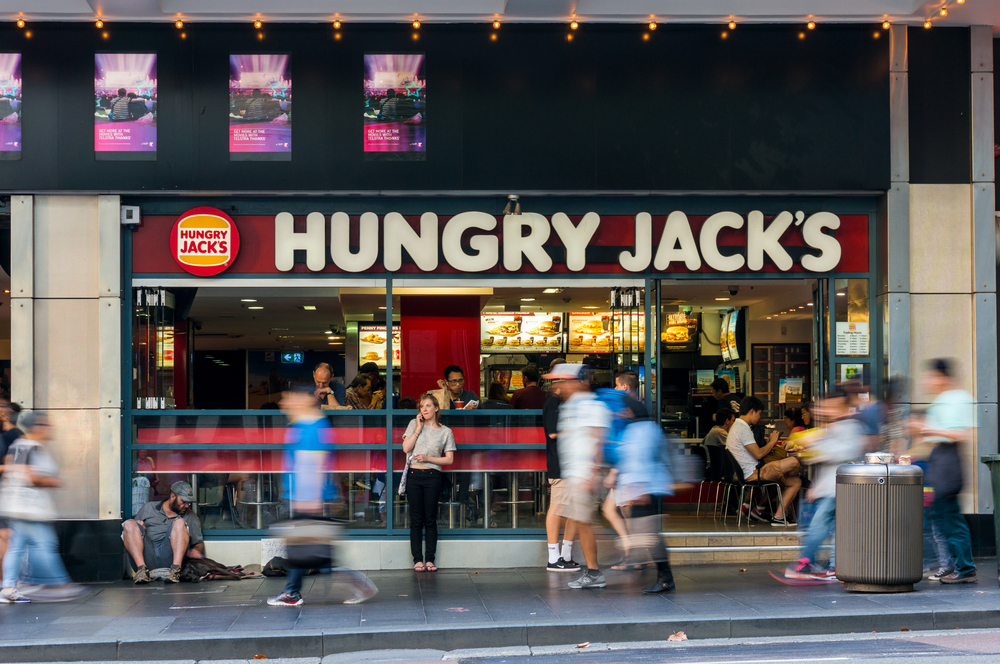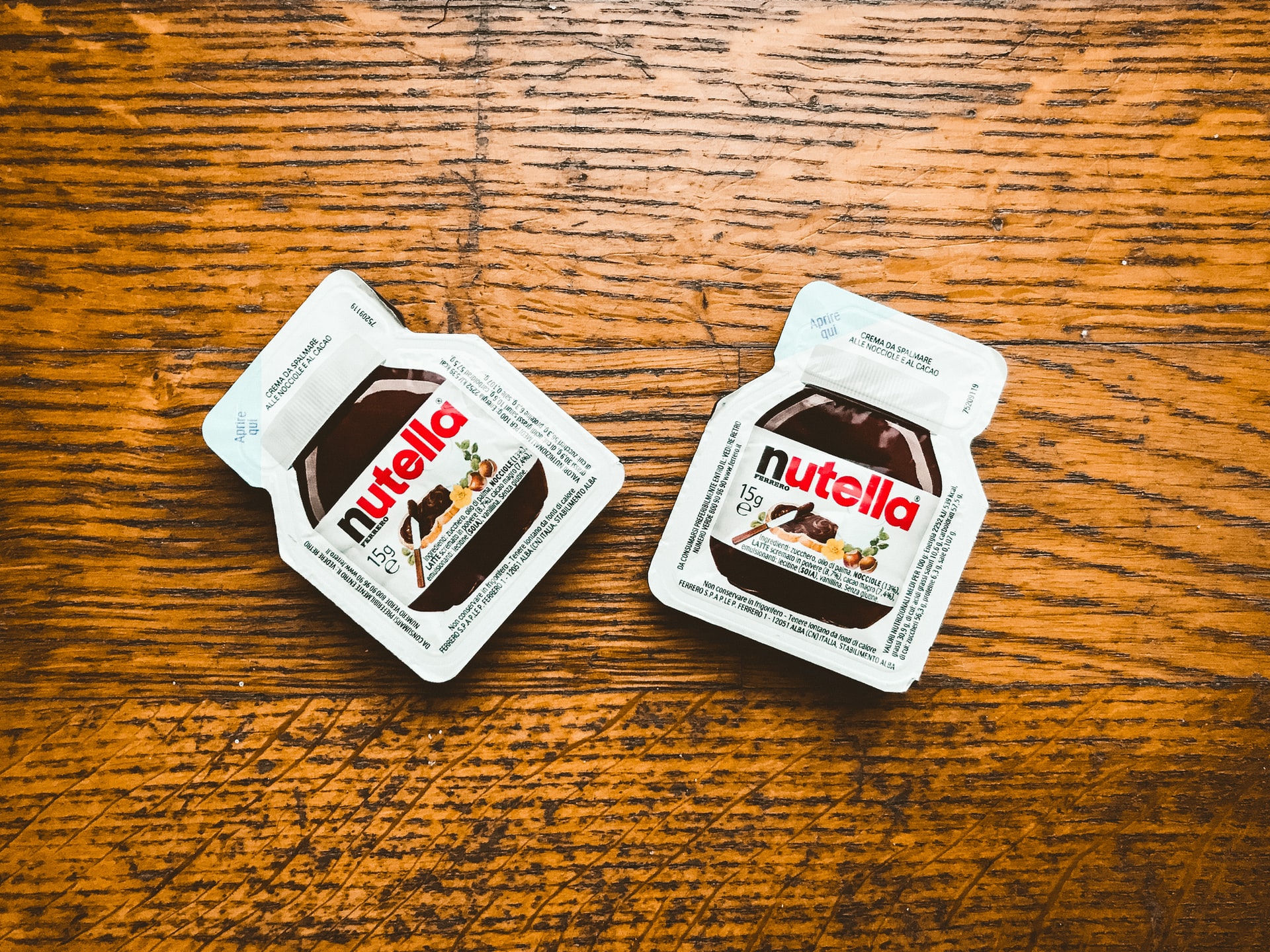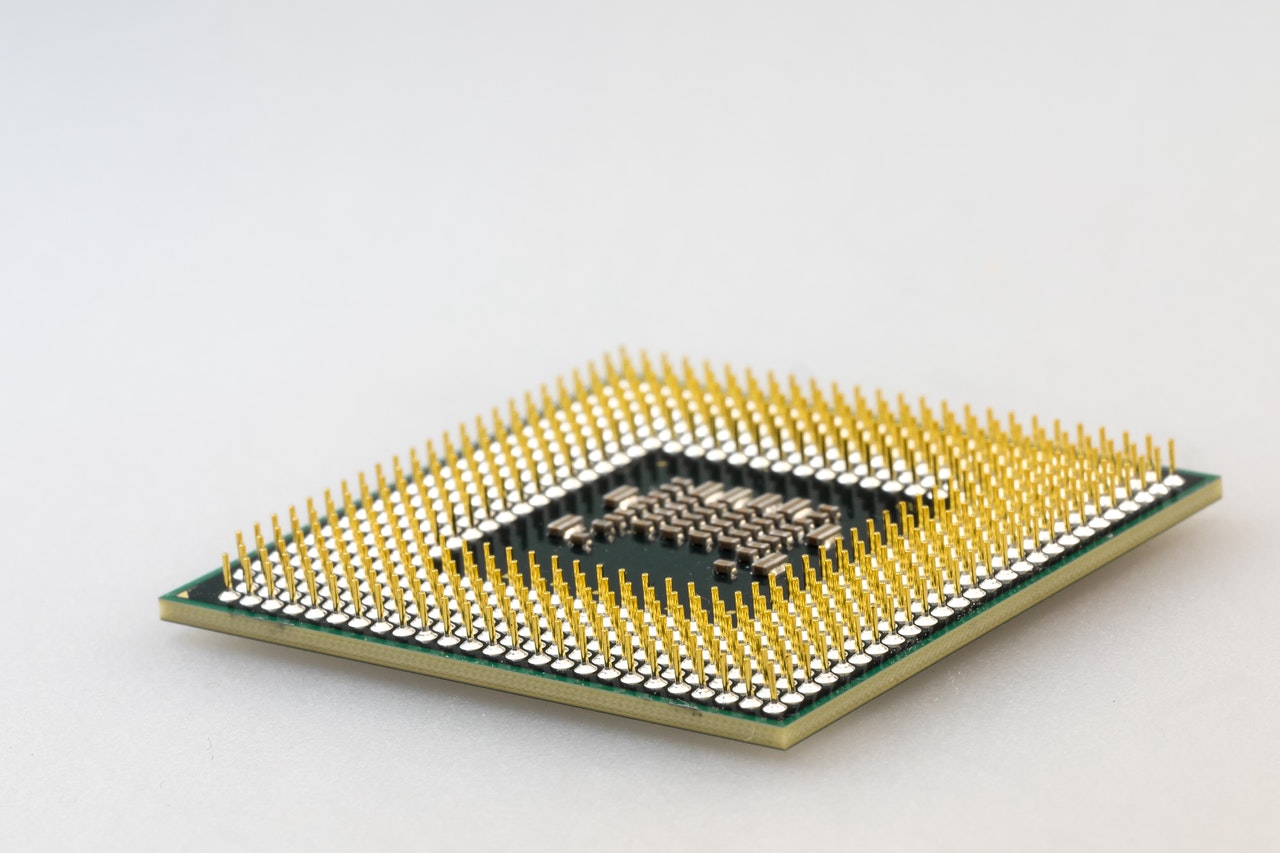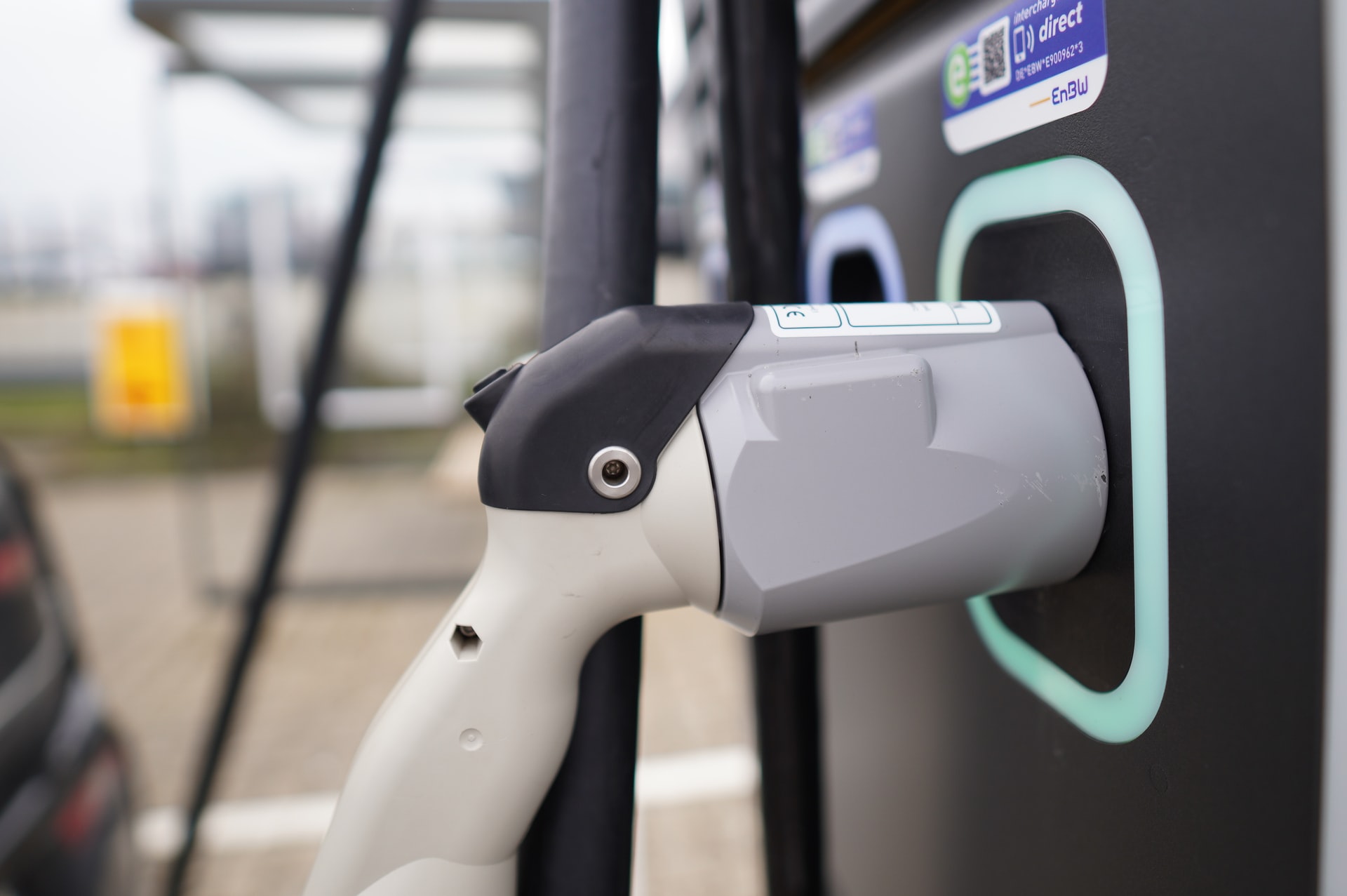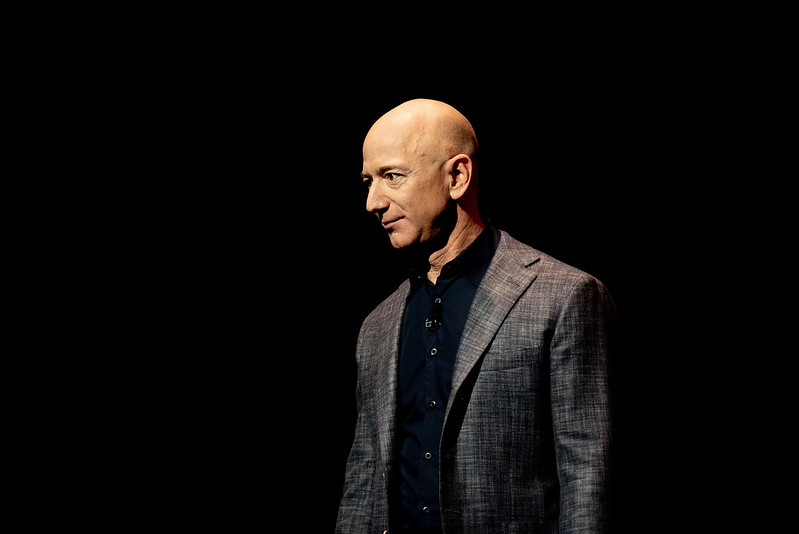Reading Time: < 1 minutes
- In ancient times, our primate ancestors had to endure periods of starvation with no guarantee of when they would find food.
- In favour of evolution, nature associated ‘lack of effort’ with pleasure so that people didn’t die running around purposelessly.
- Therefore, conserving energy as a preference over effort is ingrained in us.
- Decision-making means mental effort; no matter how strong we are, our ability to make good decisions runs out because of a phenomenon called decision-fatigue.
- Decision-fatigue means that each decision we make causes a decrease in the number of resources available to us, leading to the deterioration of the quality of our choices.
- This theory has gained such prominence that many renowned politicians and business people make diligent efforts to reduce their basic everyday choices.
- Some famous examples are Barrack Obama, Steve Jobs and Mark Zuckerberg restricting their choices in clothing.
- Obama, during his Presidency, wore only black and blue suits, Steve Jobs was famous for his black turtlenecks, and Mark Zuckerberg is mainly seen in t-shirts.
- A human brain mitigates decision-fatigue by setting itself a minimum acceptable cut-off.
- This mental strategy is called ‘satisficing’ heuristic (combination of satisfying & sufficing).
- For a consumer to consider a product or service, the product or service should have at least ‘this’.
- And for an ingredient brand to become ‘this’, it needs to build brand recall.
- This is because our mind believes that if we can recall something, it must be important.
- Or at least more important than alternative solutions, which we can’t recall easily – this is called the ‘availability’ heuristic.
- It is to align with the ‘satisficing’ and ‘availability’ heuristics that ingredient brands such as Intel, Teflon, Tetra Pak & MasterCard advertise to the consumers.
- By advertising, ingredient brands improve their Business-To-Consumer consideration, improving their Business-To-Business prospects.
- Advertising and high brand recall also convince the customers that ingredient brands are worth paying more for, thus improving profits.

